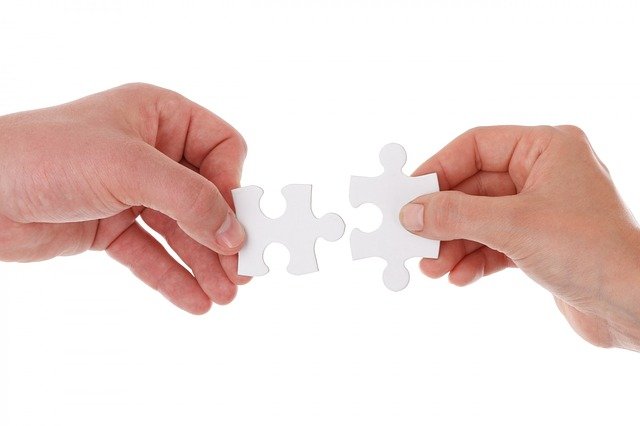Gates foundation, DFID initiative to improve sanitation
August 10, 2014 | Sunday | News | By BioSpectrum Bureau
Gates Foundation, DFID initiative to improve sanitation
The new partnership builds on the two organizations' shared belief that improved sanitation is essential for healthy urban communities
The Bill and Melinda Gates Foundation (BMGF) and the UK Department for International Development (DFID) have initiated a partnership to focus on solutions for sustainable provision of sanitation to the urban poor. This includes more than $1.5 million in new funding to cities around the world. This is to explore innovative ways to reach the 2.5 billion people world-wide, who are without access to safe sanitation services.
The new partnership builds on the two organizations' shared belief that improved sanitation is essential for healthy urban communities. In many cities, millions of people rely on systems that do not safely dispose of human waste. To address this, DFID and the Gates Foundation are supporting public and private sector collaborations to safely, and sustainably collect, and treat waste and recover valuable resources.
2.5 billion people do not have access to safe toilets, harming the health and well-being of families, particularly in rapidly urbanizing areas in developing countries. These new projects seek to explore innovative approaches to sanitation in underserved and resource constrained settings, tapping the power of the private sector to scale service delivery.
"Delivering sanitation services is challenging, expensive and often ineffective, particularly for the poorest communities," said Mr Brian Arbogast, director of the water, sanitation, and hygiene program at the Bill and Melinda Gates Foundation. He added, "Thanks to this partnership with DFID, we are supporting cities in identifying effective ways to tap into the innovation and entrepreneurial drive of the private sector, helping them deliver sanitation services that meet the needs of their communities."
Mr Rob Whitby, head of water, sanitation and hygiene team at DFID said, "As developing countries become increasingly urban, making sure there are adequate sanitation services becomes more challenging. Our partnership with the Bill and Melinda Gates Foundation will increase the knowledge of what works, significantly in the delivery of sustainable urban sanitation services for poor people so that development assistance can be targeted more effectively."
Organizations in Bangladesh, Liberia, Malawi, Nepal, India, and Sierra Leone were among the 11 projects announced. In India, funds were awarded to the Center for Environmental Planning and Technology to learn how to bring sustainable and equitable sanitation services to small and medium towns in Maharashtra. To the Infrastructure Development Corporation to create partnerships for urban sanitation service delivery in Chitradurga, and Administrative College of India to identify how to deliver sustainable and equitable sanitation services in Warangal, India.









